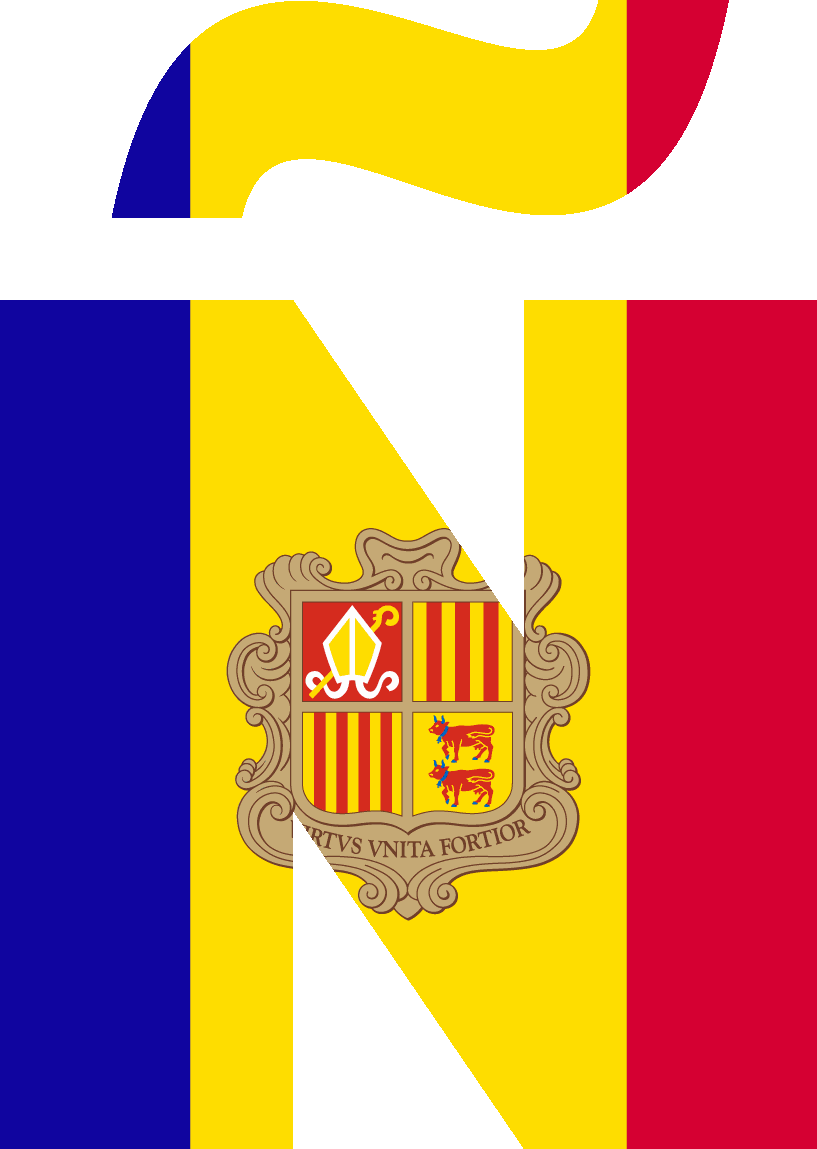
The words Spanglish and Ingañol do not appear in the dictionary of the Real Academia Española
(The Royal Academy of Spanish or R.A.E.) Neither do espanglish, espanglés, espangleis or espanglis. However, the phenomenon is alive and well in Spain. A good example here in Barcelona is the name of the local bike sharing program: 'Bicing,' a merger of the Spanish word 'bicicleta' with the English suffix -ing. In fact, several -ing words have been integrated into everyday Spanish.
.
For example, it is common to see “Se alquila plaza de parking” (Parking Space for rent) on signs outside apartment complexes and garages. I've often heard people say something like, “He dejado el coche en el parking.” (I left the car in the parking lot.) The verb 'to park' has even been adapted as 'aparcar,' as in, “Voy a aparcar el coche.” (I'm going to park the car.) I also hear Latin Americans who live here use the verb 'parquear'.
.
Then there's jogging – not the word, but the action – which is referred to as 'hacer footing,' sometimes spelled 'futin'. Other exercise related words one can hear at the local gym include 'spinning,' 'stretching' and 'stepping.' As for outdoor activities, white water rafting is shortened to 'rafting,' while windsurfing remains, 'windsurfing.' Interestingly, bungee jumping is 'puenting' in Spanish, because it usually involves jumping off a bridge (puente). Ping-pong, or table-tennis, is 'pimpón' and platform tennis, or paddle tennis, is simply 'pádel.' A campground is 'un camping.' When it comes to staying in shape through cosmetics or plastic surgery, one hears Spaniards speak of 'liftin' for face lift, and 'peeling' for, a facial peeling.
.
These last two words illustrate an interesting phenomenon with -ing endings: sometimes the 'g' is dropped in the Spanish spelling, with the resulting pronunciation rhyming with Halloween. Therefore, the Spanish word 'liftin' is pronounced 'lift-een.' Two other examples of this difference are the words feeling and meeting. The other day I read an article in El País about two politicians who had a lot of 'feeling' at a recent 'metin.' In Spanish the word feeling means something like, “positive regard, mutual admiration, affinity, appreciation,” whereas 'metin' means a political meeting or gathering.
.
Words for social problems are sometimes taken directly from English, as in mobbing and bullying. The meanings of these two words are exactly the same in Spanish as in English.
.
When it comes to automobiles one hears words like 'tuning,' which we call car tuning – personalizing or customizing a car to improve its performance, handling and look –, and 'Airbag' for, guess what – airbag!
.
Then there is Cyber-Spanglish: cookie, software and hardware are the same in English and Spanish; 'un mail' is much more common than 'un electrocorreo'; surf and access have resulted in the new Spanish verbs, 'surfear' and 'accesar' – although you are just as likely to see navegar instead of 'surfear' and acceder rather than 'accesar'. I also occasionally hear 'chequear' which comes from “to check”, and is a synonym for 'verificar' (to verify) and 'revisar' (to revise or to check).
.
Many new Internet related words have not been accepted by the R.A.E., but one that has is “chatear” for chat, even though there was already a perfectly good Spanish word meaning the same thing: charlar. Other examples of Cyber-Spanglish are:
Another area with contributions to Spanglish is advertising: words like 'un spot' for a TV commercial or 'eslogan' for slogan, as well as whole phrases like, “just do it” and “think different,” are familiar to Spaniards. Then there is Vueling, the low-cost airline with a Spanglish name meaning 'flying' and publicity campaigns that are mitad English, half Español. Here are only a few of the many phrases Vueling has used in its advertising:
Of course, advertising and the Internet are only two segments of the larger realm of media – entertainment, cinema, books, music, etc. – and today's globalized media plays an important role in the development and use of Spanglish, whether it's through magazine adverts, or movies that are filmed in Spanish and English (e.g., Traffic, Babel), or material generated for fans of movies stars and singers around the world. Which reminds me, fan clubs are known as 'clubs de fans' in Spanish. A few other Spanglish words that fall under the giant “media” umbrella are:
standars – 'standards' in the sense of certain vintage American pop or jazz songs
flash – paparazzi
reality, or reality show – reality show
gogó – dancer in a club
chillout – chillout
rocanrol – rock and roll
road movie – road movie
casting - casting
best-seller – yep, you guessed it: best-seller!
Spanglish words in the areas of clothing and fashion include:
esmoquin or smoking – a tuxedo or dinner jacket
jersey (the 'j' is pronounced as a 'y') – a sweater or pullover
slip (pronounced 'sleep') – mens briefs
piercing – a body piercing
top, or top-model, or supermodelo – supermodel
fashión – fashionable (although the truly Spanish de moda seems more common)
From business and finance we find:
And here are a few miscellaneous Spanglish-isms:
fliparse – flip out, go crazy, go wild
flirtear – flirt
gai, or gay – gay
ranquín – ranking
zum – zoom
alto standing – upscale, luxurious, top quality
medio standing – mid-scale, or mid-level, in terms of price and quality
vip – a V.I.P. (pronounced as one word that sounds like “beep”)
pudín – a type of rice pudding
water or vater or wc – toilet
baipas – by-pass
yonqui – junkie
friki – offbeat person, or geek
.
Hasta later amig@s,
.
Carloz


